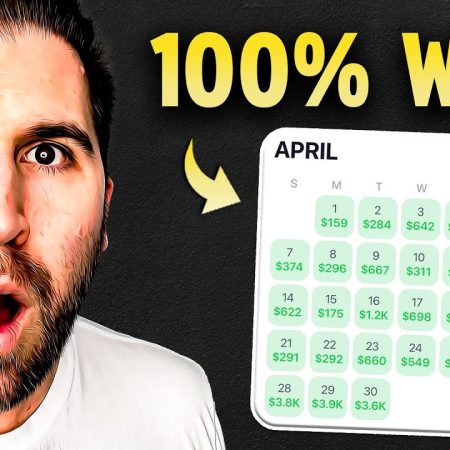Video Summary
In the world of sports betting, one crucial strategy to consider is hedging. But what is hedging? Simply put, it's placing a bet or bets on a different outcome or outcomes subsequent to an original bet, creating a situation where you're guaranteed a profit, whether the original bet wins or loses. This approach can be incredibly profitable and risk-reducing.
Think of it like this: Imagine a $100 bet on the Green Bay Packers to win against the New England Patriots. If the Packers win, you'd net a $100 profit. But if the Patriots are trailing 17-0 at halftime and the odds shift in their favor, you could hedge by placing a $40 bet on the Patriots to win, securing a profit of $60 if they win or $70 if they lose. This approach can help you profit in any scenario.
Futures and parlays are ideal opportunities to hedge, as they offer a high potential profit with a high degree of risk. For example, if you placed a $100 bet on the Baltimore Ravens to win the Super Bowl before the season, and they make it to the AFC Championship, you could hedge by placing a $1,000 bet on the opponent, guaranteeing a profit regardless of the outcome.
Another situation where hedging is beneficial is when a change of heart occurs. If your opinion on a team or player changes, it may be wise to hedge to lock in a profit. Live betting is also an opportunity to hedge, as you can place a wager on the current game to guarantee a profit, even if your original bet doesn't win.
The key to successful hedging is understanding each situation's unique characteristics and being willing to adapt. Experienced bettors always have hedging as an option, and it can help you get a solid return while mitigating risk. Don't be afraid to use hedging to your advantage – it's a strategy that can bring you a guaranteed profit, just like the green that grows in your wallet.
Some people do it to cut their losses or minimize their risk. Others do it to ensure a profit. No matter the reason why you would …
Some people do it to cut their losses or minimize their risk. Others do it to ensure a profit. No matter the reason why you would …
















